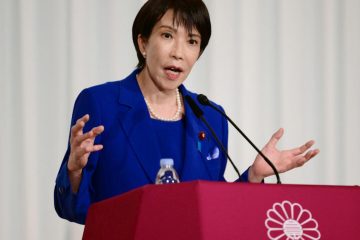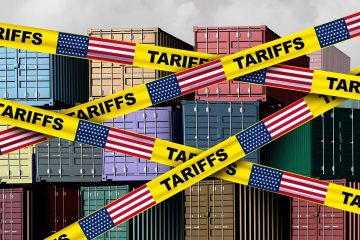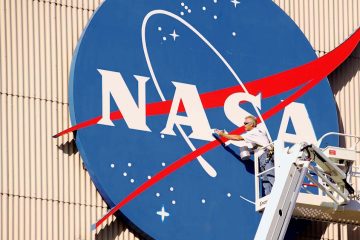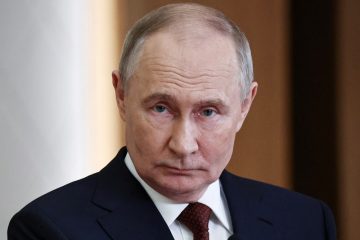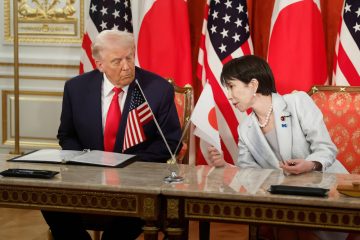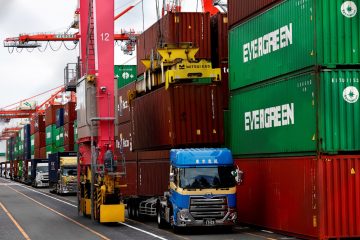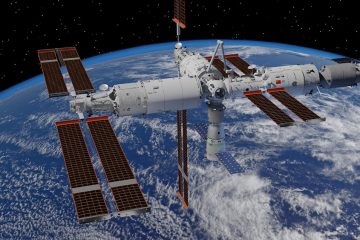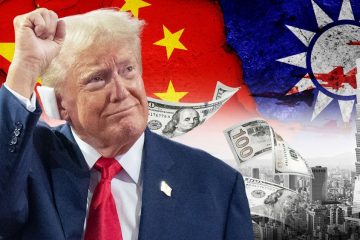G7 meets in Canada amid West Asia conflict, US tariffs

Top economic leaders will meet in the Canadian Rockies on Sunday for a Group of Seven summit overshadowed by a growing Middle East war and US President Donald Trump’s trade fight with allies and rivals. Trump’s efforts to remove the US from its role as world policeman have increased global instability, as Israel’s strikes on Iran and Tehran’s reprisal caught many world leaders off guard.
British Prime Minister Keir Starmer claimed he discussed deescalation with Trump, Netanyahu, and other foreign leaders on a flight to Canada for the meeting. The Middle East will receive Royal Air Force planes and other British military reinforcements. We have long worried about Iran’s nuclear program. I understand Israel’s right to self-defense, but this must deescalate. Escalation is a major risk for the area and beyond “Starmer expected strong summit debates.
Canadian Prime Minister Mark Carney has decided to forgo the annual communique at the end of the summit as host. With foreign leaders seeking to talk to Trump to stop tariffs, the summit risks becoming a series of bilateral discussions rather than a show of unity.
Late Sunday, Trump will arrive in Kananaskis, Alberta. Sunday may see bilateral discussions between leaders, but the summit program begins Monday. Trump is the summit wild card. Trump’s bombastic vows to make Canada the 51st state and annex Greenland overshadow the summit. On a Danish helicopter carrier, French President Emmanuel Macron will visit Greenland’s leader and Denmark’s prime minister before heading to Canada.
Macron, who was one of the few European leaders to meet Trump in his first term, was the first to visit the White House after Trump entered office and emerged unhurt. Despite their occasional friendship, Macron’s approach to Trump has failed, with France caught up in Trump’s proposed tariffs on the EU. Macron and Starmer tried to establish a coalition of states that could deploy forces after a truce with Russia to persuade the Trump administration to give security guarantees for Ukraine, but it did not.
Canada’s sherpa of the 2018 G7 summit in Quebec and veteran of six G7 meetings, Peter Boehm, anticipates the heads of state will focus more on the war. Boehm said leaders can discuss or make a statement. The international policy agenda has grown. Carney has invited non-G7 leaders from India, Ukraine, Brazil, South Africa, South Korea, Australia, Mexico, and the UAE to the summit. Avoiding tariffs will remain important. Boehm said leaders—including new ones—will want to meet Trump. Trump prefers one-on-ones to large circular tables.
Trump has intimidated Ukraine and South Africa presidents in bilateral discussions. Former Canadian Prime Minister Jean Chrtien told a panel last week that leaders should ignore Trump and stay calm like Carney did in the Oval Office if he acts out. Chrtien alleged he bullies. Trump will act irrationally to create headlines. Let him do it and talk normally.
Starmer proposed a state visit from King Charles III to Trump in February after a warm Oval Office meeting. Trump hailed the British prime leader despite political differences. Britain and the US agreed a trade pact last month to reduce US tariffs on UK automobiles, steel, and aluminum. It has yet to take effect, but British officials say they are not worried the Trump administration would backtrack. Starmer’s pursuit of Trump has put him in a precarious position with Canada, the UK’s former colony, close ally, and Commonwealth member. Starmer has also been criticized by Canadians for not addressing Trump’s intention to declare Canada the 51st state. On whether he encouraged Trump to cease the 51st state threats, Starmer told The Associated Press: I’m not going to get into the specific talks I’ve had, but let me be perfectly clear: Canada is an independent, sovereign country and a much-valued Commonwealth member.
The Ukraine war will be discussed. President Volodymyr Zelenskyy is set to meet with Trump at the summit, months after their bruising Oval Office meeting that revealed the hazards of meeting with the U.S. president. Before the conference, Starmer and Carney discussed security and commerce in Ottawa, the first British prime ministerial visit in eight years. German officials disputed the idea that the meeting will be a six-versus-one event, emphasizing that the G7 countries have different priorities on various problems. Chretien stated the only problem you can’t predict is what the US president will do depending on his mood and demand for headlines.



